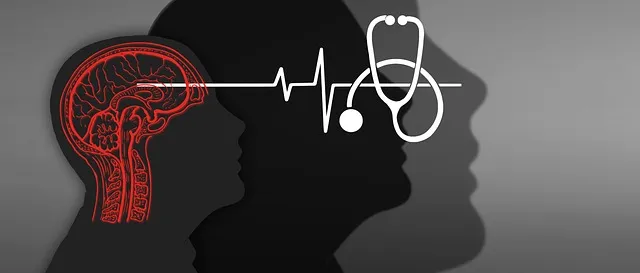Mental wellness groups facilitated by professionals at Denver Kaiser Permanente behavioral health services offer powerful support through shared experiences and open communication, enhancing therapeutic outcomes. Skilled facilitators guide these sessions, teaching essential skills, tailoring approaches to diverse needs, and fostering inclusive environments that reduce stigma while promoting understanding and peer support. This collaborative, structured approach complements individual therapy, enhances community well-being, and empowers individuals to effectively manage their mental health.
Mental wellness group facilitation plays a pivotal role in enhancing behavioral health services, such as those offered by Denver Kaiser Permanente. This article explores the dynamic nature of group therapy and its profound impact on individuals’ mental well-being. We delve into effective techniques for facilitators, from fostering open dialogue through active listening to creating safe spaces that encourage trust and community building. Additionally, we provide practical activity ideas to ensure engaging sessions tailored to diverse personalities, all grounded in the successful practices employed by Denver Kaiser Permanente’s behavioral health services.
- Understanding Mental Wellness Group Dynamics
- – Definition and importance of group facilitation in behavioral health services
- – Benefits for participants and the role of facilitators at Denver Kaiser Permanente
Understanding Mental Wellness Group Dynamics

Understanding the dynamics of a mental wellness group is a cornerstone for effective facilitation. These groups, often facilitated by professionals like those at Denver Kaiser Permanente behavioral health services, bring together individuals facing similar challenges. The environment fosters a sense of community, allowing members to share experiences, offer support, and learn from one another. Group dynamics can significantly impact the therapeutic process, emphasizing the importance of creating a safe, inclusive space.
Facilitators play a crucial role in navigating these dynamics by promoting active participation, encouraging open communication, and teaching essential skills such as emotional regulation and social skills training. By understanding the unique interactions within the group, facilitators can adapt their approach to cater to diverse needs, ensuring every member feels heard and valued. This tailored approach enhances the overall effectiveness of group therapy sessions.
– Definition and importance of group facilitation in behavioral health services

Group facilitation plays a pivotal role in enhancing behavioral health services, particularly within institutions like Denver Kaiser Permanente. It involves skillfully guiding and supporting a group of individuals through open discussions, activities, and exercises designed to foster healing, self-awareness, and peer support. This collaborative approach not only complements individual therapy but also leverages the power of community, creating a safe and supportive environment for members to share experiences, learn from one another, and develop coping strategies.
Effective group facilitation is crucial in addressing mental health challenges such as anxiety relief and even reducing stigma associated with mental illness. Through structured sessions, facilitators can implement community outreach program initiatives that promote understanding, empathy, and connection among participants. This collective experience can significantly impact the overall well-being of the community, fostering a culture where individuals feel supported and empowered to manage their mental health effectively.
– Benefits for participants and the role of facilitators at Denver Kaiser Permanente

Mental wellness group facilitation plays a pivotal role in Denver Kaiser Permanente’s behavioral health services, offering participants a supportive environment for growth and healing. Through structured sessions led by skilled facilitators, individuals gain valuable insights into their mental health and learn effective strategies for stress management. This collaborative approach fosters emotional well-being promotion techniques that empower participants to navigate challenges with resilience.
Facilitators at Denver Kaiser Permanente act as guides, fostering open dialogue and creating a safe space for sharing experiences. By facilitating meaningful connections among group members, they enhance the collective sense of belonging and understanding. The process not only aids in normalizing mental health concerns but also boosts confidence through peer support and shared successes. This holistic approach contributes to improved mental wellness outcomes, making these groups a game-changer in promoting emotional well-being within the community.
Group facilitation plays a pivotal role in enhancing mental wellness within Denver Kaiser Permanente’s behavioral health services. By fostering a supportive environment, facilitators enable participants to navigate complex emotions and experiences, ultimately improving their overall well-being. The benefits observed at Denver Kaiser Permanente highlight the potential for these techniques to revolutionize group therapy, making it more accessible and effective for those seeking support.






